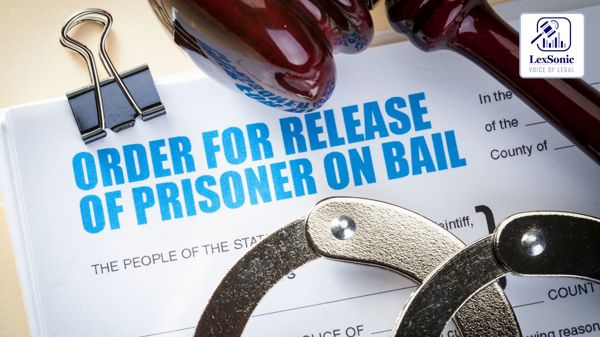Supreme Court Grants Anticipatory Bail in SC/ST Act Case, Citing Lack of 'Public View' for Caste Slur.
25 March 2025
Bail and Antcipatory Bail >> Criminal Law | Criminal Appeals & Suspension of Sentence >> Criminal Law
The First Information Report (FIR) alleged that the appellant, who was a trustee alongside the complainant (a member of a Scheduled Caste) in a temple development trust, attempted to force the complainant to transfer certain lands. Upon refusal, the appellant allegedly threatened, abused the complainant with a caste slur, and asked him to stop reciting prayers. Further, the FIR detailed an incident where the complainant was abducted, held for several days, and threatened to transfer temple lands, leading to a physical assault when he refused. Police eventually rescued the complainant and arrested four co-accused.

The FIR included charges under IPC sections related to abduction, criminal intimidation, attempt to murder, wrongful confinement, cheating, and criminal conspiracy, along with sections 3(1)(r), 3(1)(s), and 3(2)(va) of the SC/ST Act.
However, the Supreme Court, upon a preliminary examination of the FIR, found that a crucial ingredient for attracting Sections 3(1)(r) and 3(1)(s) of the SC/ST Act was prima facie not met. The Court noted that there was only one alleged instance of an insult/caste slur, and critically, "there is no allegation that such offending statement was made in the presence of members of the general public." This observation aligns with established legal precedents, including Shajan Skaria vs. State of Kerala, which emphasize the requirement that such a statement must be made within "public view."
Considering these factors and drawing upon principles laid down in cases like Prathvi Raj Chauhan vs. Union of India and Shajan Skaria, the Supreme Court concluded that the appellant was entitled to anticipatory bail. The Court, while granting bail, clarified that its observations were made solely for the purpose of the bail application and should not influence the merits of the ongoing trial or the final decision in the criminal proceedings. The appellant is to be released on bail subject to the terms and conditions set by the Trial Court.
